In late August, an anti-trafficking activist known as Shangguan Zhengyi and Henan TV's Urban Report program discovered an illegal surrogacy service facility hidden under an auto parts market in Qingdao city, Shandong province, east China.
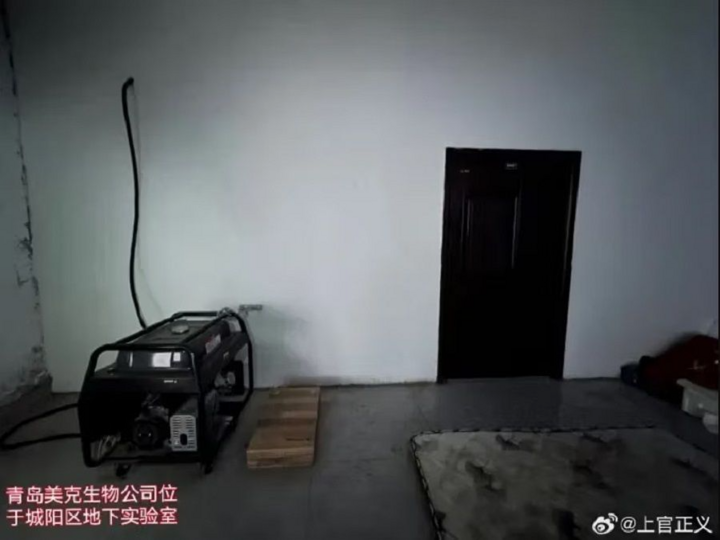
The door leading to an underground surrogacy facility, beneath an auto parts market in Qingdao, Shandong province, China. (Photo: Shangguan Zhengyi)
With an investment of 4.5 million yuan (15.7 billion VND), the facility, which covers more than 800 square meters, is fully equipped with facilities for egg retrieval, embryo transfer and embryo culture, like legal medical facilities.
This underground facility was established by Qingdao Chunyun IVF Consulting Co., Ltd. and Qingdao Meike Biotechnology Co., Ltd. Operating under the guise of biotechnology companies, these entities secretly developed a large surrogacy business network.
In addition to egg retrieval, embryo transfer and embryo culture, they provide delivery services to other surrogacy agencies, arranging for surrogate mothers to give birth in hospitals under false identities. Birth certificates are then sold for prices starting at 50,000 yuan (US$7,500). The facility is affiliated with many public hospitals in Liaoning and Jiangsu provinces.
According to the report, young women who donate eggs or receive embryos for surrogacy are referred to by code numbers rather than real names, and are classified as high-end or low-value “products” based on their appearance and health. Surrogacy packages start at 750,000 yuan (2.6 billion VND), including a 200,000 yuan (700 million VND) gender selection fee.
Notably, the egg retrieval or embryo transfer was performed by deputy doctors at the city's top public hospitals, including a deputy doctor surnamed Li at Qingdao Women's and Children's Hospital, a deputy doctor surnamed Qian at the obstetrics department of Qingdao Lianchi Obstetrics and Gynecology Hospital, along with anesthesiologists and supporting nurses.
The report revealed heartbreaking stories of young women having surgery without anaesthetic to save money, their screams of pain echoing down the corridors.
After the report was made public, the Qingdao Municipal Health Commission set up a joint investigation team with public security, market supervision and other departments to verify the information.
In late October, the investigation team announced the arrest of Meike's director, surnamed Cong. Five other medical staff, including doctors and nurses suspected of participating in the surrogacy ring, face various penalties: confiscation of illegal earnings, revocation of practice licenses and reduction of retirement benefits.
However, many netizens criticized the punishment as too light: “This is almost encouraging surrogacy; the penalty for distributing pornographic content is even heavier.”

Qingdao Meike Biotechnology Co., Ltd. illegally operated surrogacy services under the guise of a biotechnology company. (Photo: Shangguan Gongli)
Unclear regulations
The criticism is not without foundation. In fact, since the first surrogacy agency was established in the 1990s, China has not had any laws explicitly prohibiting the use of this service.
Currently, the main regulation governing surrogacy is the Administrative Measures on Assisted Reproductive Technology issued by the Ministry of Health of China in 2001. Although it prohibits medical institutions and personnel, it does not restrict individuals from using surrogacy services or impose legal constraints on surrogates.
In addition, the Administrative Measures on Assisted Reproductive Technology are only ministerial regulations, not laws promulgated by the National People's Congress and its Standing Committee, nor administrative regulations promulgated by the State Council. Therefore, they are at a lower level in China's legal system and lack deterrence.
Even if underground surrogacy establishments are discovered, they may only face penalties such as license revocation or fines, which are insignificant compared to the huge profits they make, industry experts say.
When the Standing Committee of the National People's Congress amended the Population and Family Planning Law in December 2015, the provision related to the ban on surrogacy was also removed.
Therefore, the management of surrogacy in China falls into a dilemma, when the law does not prohibit it but the government does not allow it either.
The legal principle of "everything that is not prohibited is permitted", along with demand from families unable or unwilling to have children themselves, has made surrogacy services increasingly popular in China.
After China relaxed its one-child policy in 2014, allowing couples to have two children, demand for surrogacy skyrocketed, leading to the development of an illegal network of hospitals and service providers. Despite numerous inspections and regulatory actions, the surrogacy industry has survived and thrived, with illegal transactions running rampant.
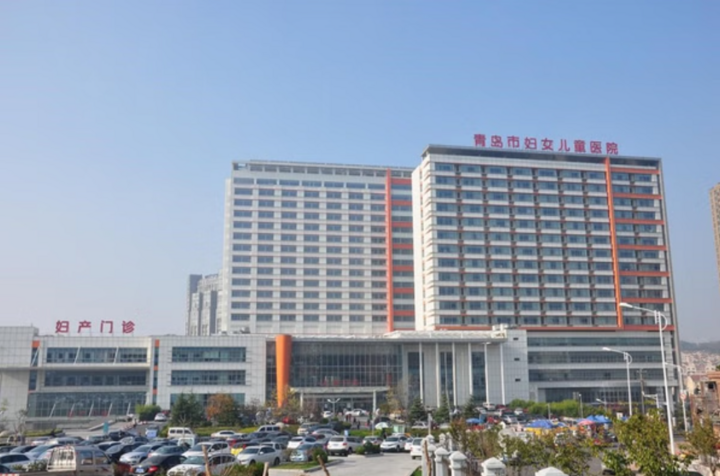
Several hospitals in Qingdao have been linked to the illegal surrogacy industry, including Qingdao Women's and Children's Hospital. (Photo: Lianyingtaobao)
Shangguan Gongli discovered that after many years of "strict crackdown", the situation in provinces that used to be surrogacy centers such as Guangdong, Hunan, Hubei, Jiangsu and Zhejiang showed signs of heating up again, even tending to spread to inland provinces such as Yunnan and Sichuan.
He also pointed out that the growing surrogacy market also shows that there are many problems in the management of public units. He said: “For example, there is the buying and selling of birth certificates and the illegal practice of doctors. In addition, many anesthetists carry their own anesthetic drugs. Where do these drugs come from? Are there loopholes in drug management?”
Ethical issues
Industry insiders say each surrogacy order can bring in profits of 30% to 60%. The boom in this underground industry is certainly due to the high profits, but also the huge unmet demand.
According to the Infertility Report released by the National Health and Family Planning Commission of China, the country's infertility rate will be around 18.2% in 2023, affecting more than 50 million people, up from 16% in 2018.
For the 50 million people in China who want to have children but cannot conceive naturally, there is currently no legal channel to help them realize their dream of having children. Despite the risks, underground surrogacy remains a viable option for them.
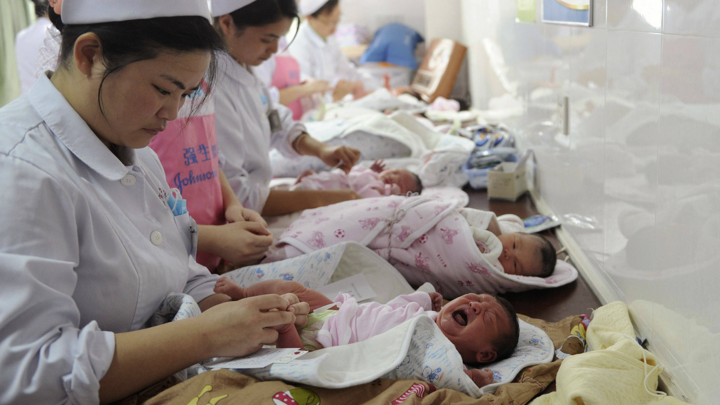
The demand for surrogacy has skyrocketed as the Chinese government struggles to deal with the low birth rate. (Photo: Reuters)
Meanwhile, there are opposing opinions that the surrogacy business turns childbirth into a tool, considers women's bodies as birthing machines and reproductive rights as commodities, seriously trampling on women's rights and dignity.
Furthermore, egg donors and surrogates are often women from disadvantaged groups in society. The popularity of surrogacy disproportionately harms disadvantaged and low-income women, exacerbating gender inequality in society.
China is struggling to find a way to address the issue of “reluctance or unwillingness to have children” to reverse the trend of low birth rates. But until these issues are fully resolved, the government is likely to remain hesitant to legalize surrogacy.
What is certain is that in the gray area where “the law does not prohibit, but the government does not allow”, the surrogacy industry in China will continue to exist, while the legal and ethical difficulties facing the authorities may become more and more difficult.
Source: https://vtcnews.vn/mat-toi-cua-nganh-cong-nghiep-de-thue-o-trung-quoc-ar910195.html



![[Photo] National Assembly Chairman Tran Thanh Man holds talks with Hungarian National Assembly Chairman Kover Laszlo](https://vphoto.vietnam.vn/thumb/1200x675/vietnam/resource/IMAGE/2025/10/20/1760952711347_ndo_br_bnd-1603-jpg.webp)
![[Photo] Prime Minister Pham Minh Chinh meets with Speaker of the Hungarian National Assembly Kover Laszlo](https://vphoto.vietnam.vn/thumb/1200x675/vietnam/resource/IMAGE/2025/10/20/1760970413415_dsc-8111-jpg.webp)

![[Photo] Solemn opening of the 10th Session, 15th National Assembly](https://vphoto.vietnam.vn/thumb/1200x675/vietnam/resource/IMAGE/2025/10/20/1760937111622_ndo_br_1-202-jpg.webp)
![[Photo] Chairman of the Hungarian Parliament visits President Ho Chi Minh's Mausoleum](https://vphoto.vietnam.vn/thumb/1200x675/vietnam/resource/IMAGE/2025/10/20/1760941009023_ndo_br_hungary-jpg.webp)
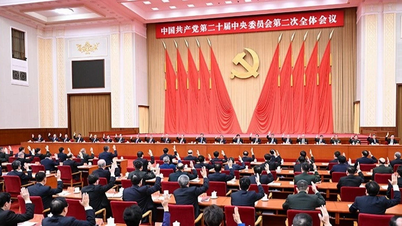

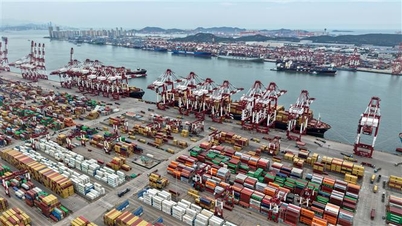




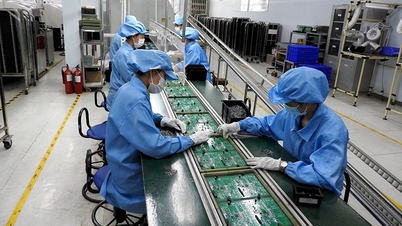




















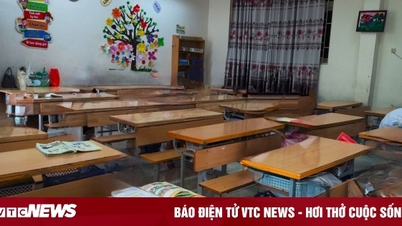

![[Photo] The Steering Committee of the 2025 Fall Fair checks the progress of the organization](https://vphoto.vietnam.vn/thumb/1200x675/vietnam/resource/IMAGE/2025/10/20/1760918203241_nam-5371-jpg.webp)


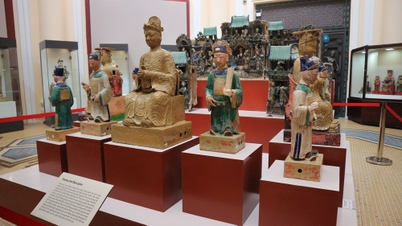







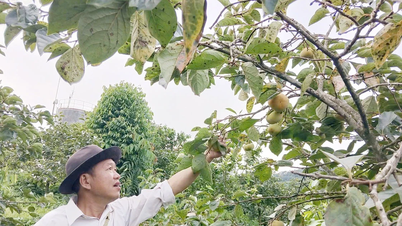




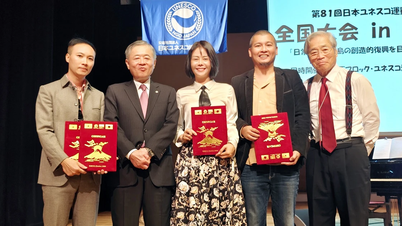


















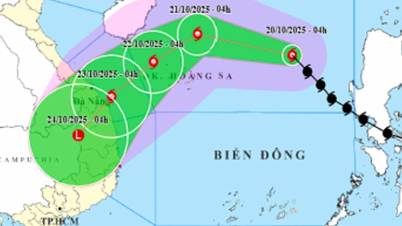

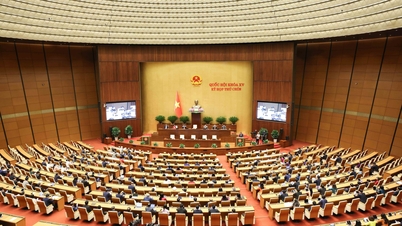



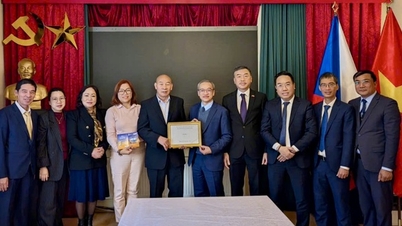














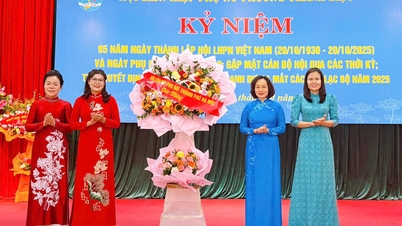














Comment (0)